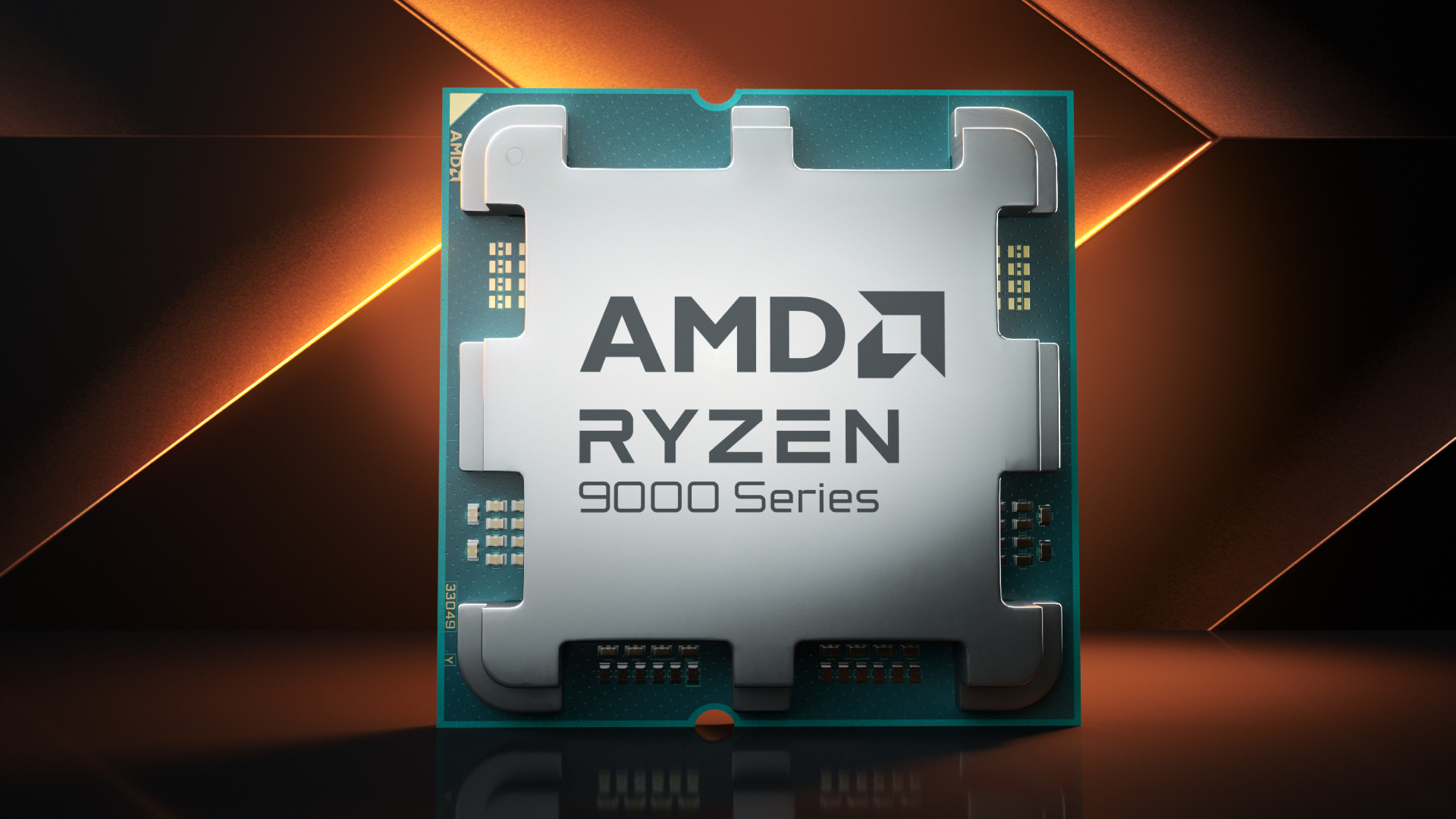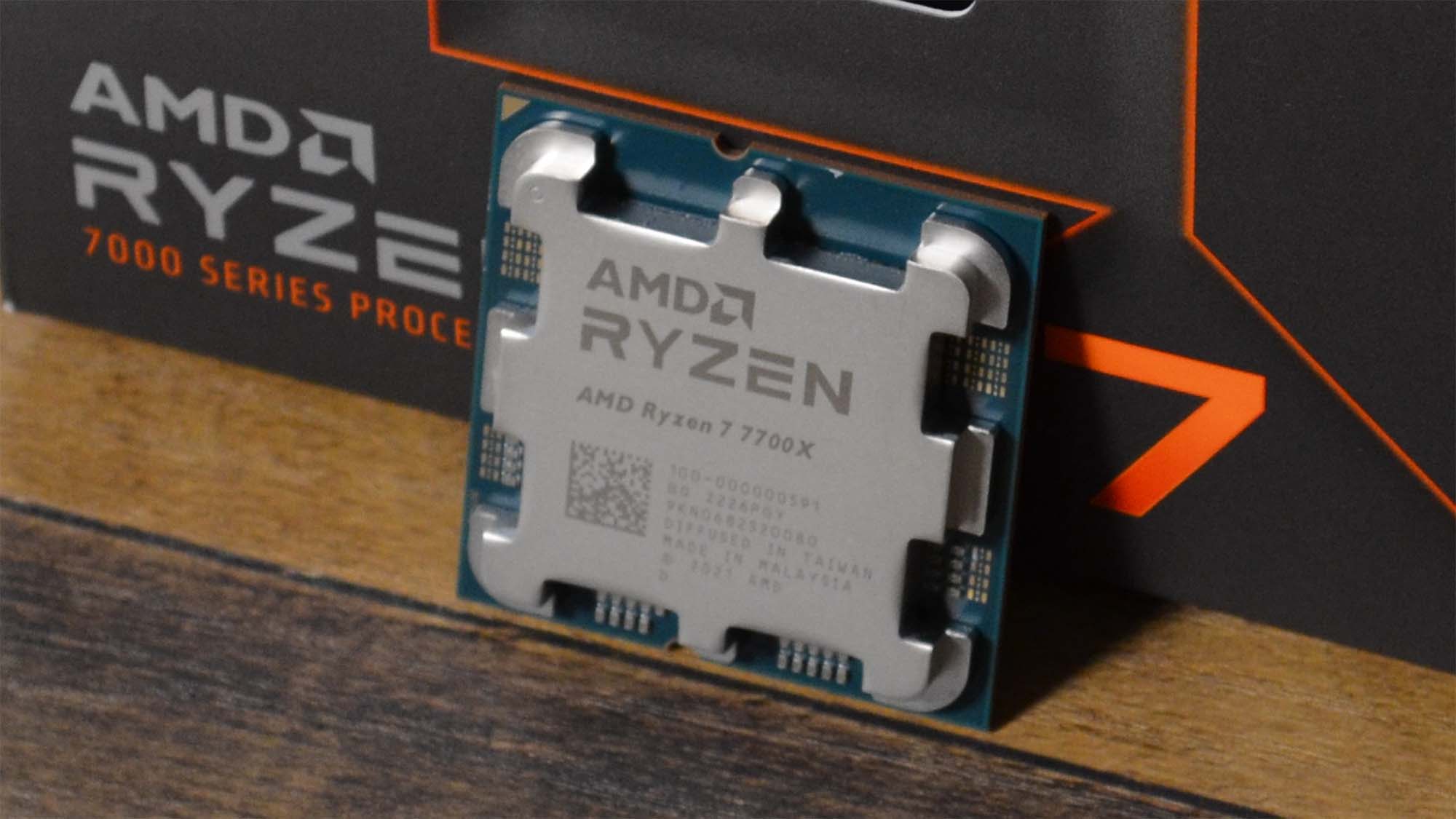AMD delays Ryzen 9000 due to last-minute discovery of problems with some CPUs – launch won’t happen until August now
AMD has recalled processors already shipped to retailers due to ‘quality’ issues

AMD’s Ryzen 9000 CPUs are going to be delayed and won’t arrive at the end of July as originally planned, with Team Red pushing back the launch of its next-gen processors to August due to issues with the chips.
Tom’s Hardware reports that while AMD had already started shipping out Ryzen 9000 CPUs to retailers and PC makers (as you’d expect at this stage), the company has recalled those processors – a pretty drastic step.
The plan is to address the last-minute problems that have been discovered with the next-gen Zen 5 desktop CPUs, and then go for a launch in August, rather than on July 31 as intended.
AMD’s statement on the matter reads: “During final checks, we found the initial production units that were shipped to our channel partners did not meet our full quality expectations. Out of an abundance of caution and to maintain the highest quality experiences for every Ryzen user, we are working with our channel partners to replace the initial production units with fresh units.”
We’re told there’ll be a staggered release in August, with mainstream Ryzen 7 9700X (a key mid-range offering) and Ryzen 5 9600X processors going on sale on August 8, while the beefier Ryzen 9 9950X and Ryzen 9 9900X are pushed back further to August 15.
So, what’s the problem with the Ryzen 9000 silicon? Apparently it’s related to an unspecified issue with the quality of the CPUs that was discovered late on during Team Red’s packaging testing process. (The packaging process refers to when the actual processor die is put onto the circuit board it sits in).
AMD informs us that it “identified an issue with our package product testing process for Ryzen 9000 series processors that could result in a small number of products reaching the market that do not meet our quality standards.”
Sign up for breaking news, reviews, opinion, top tech deals, and more.
The plan, then, is to retrieve all the shipped CPUs and test them to ensure they aren’t impacted by said quality issue. Chips that get the all-clear – which should be most of them, by the sound of things – will then be reshipped, presumably alongside other silicon that’s underway in the manufacturing process currently (where this quality defect has now been resolved, of course).

Analysis: A new CPU mantra – stability, stability, stability?
AMD is keen to make it clear that this is not some fundamental design issue with Ryzen 9000, and that there’s no need to tweak any design elements, drop any specs like clock speeds (that have already been revealed), or indeed bin a whole load of CPUs. It’s just a matter of screening existing processors for the mentioned issue and removing any that fall short of quality expectations from the field of play.
Also, note the comment about acting with an ‘abundance of caution’ which seems to suggest that it’s the case that things might be fine with these CPUs, but Team Red doesn’t want to take any chances at all. Equally notable is the fact that this is happening against a backdrop of Intel’s woes with its current and last-gen processor ranges, which are in some cases having serious issues with crashing and general instability.
AMD clearly doesn’t want to take any risks given that whole episode, as with Zen 5, it has a chance to turn the tide more towards Ryzen, as its next-gen desktop chips are arriving well ahead of Intel’s Arrow Lake, sporting a nice generational performance bump. So obviously Team Red wouldn’t want any advantages therein to be negated by reports of problems with Ryzen 9000 from early adopters.
At this point, never mind the gen-on-gen performance uplift – as long as that’s decent with Zen 5 (and clearly, it will be), the most important factor for AMD to get right is that Ryzen 9000 processors are seen to be solid, reliable and stable from the get-go. It’d be a major misstep for a flaw to blight the next-gen Ryzen launch and for the online chatter and perception to turn in the direction of ‘well, AMD’s no better than Intel’ in the stability stakes with the overall battle for the best CPUs.
The worry for some folks remains, though, that if some fringe OEMs (PC makers) in particular don’t return the Ryzen 9000 chips they already have, or won’t be bothered to remove them from prebuilt PCs if they’re already inside the rigs at this point. To be fair, though, that’s hardly AMD’s fault, and you’d certainly hope that any outfit with scruples and any kind of level of customer concern would definitely not do this.
You might also like
Darren is a freelancer writing news and features for TechRadar (and occasionally T3) across a broad range of computing topics including CPUs, GPUs, various other hardware, VPNs, antivirus and more. He has written about tech for the best part of three decades, and writes books in his spare time (his debut novel - 'I Know What You Did Last Supper' - was published by Hachette UK in 2013).